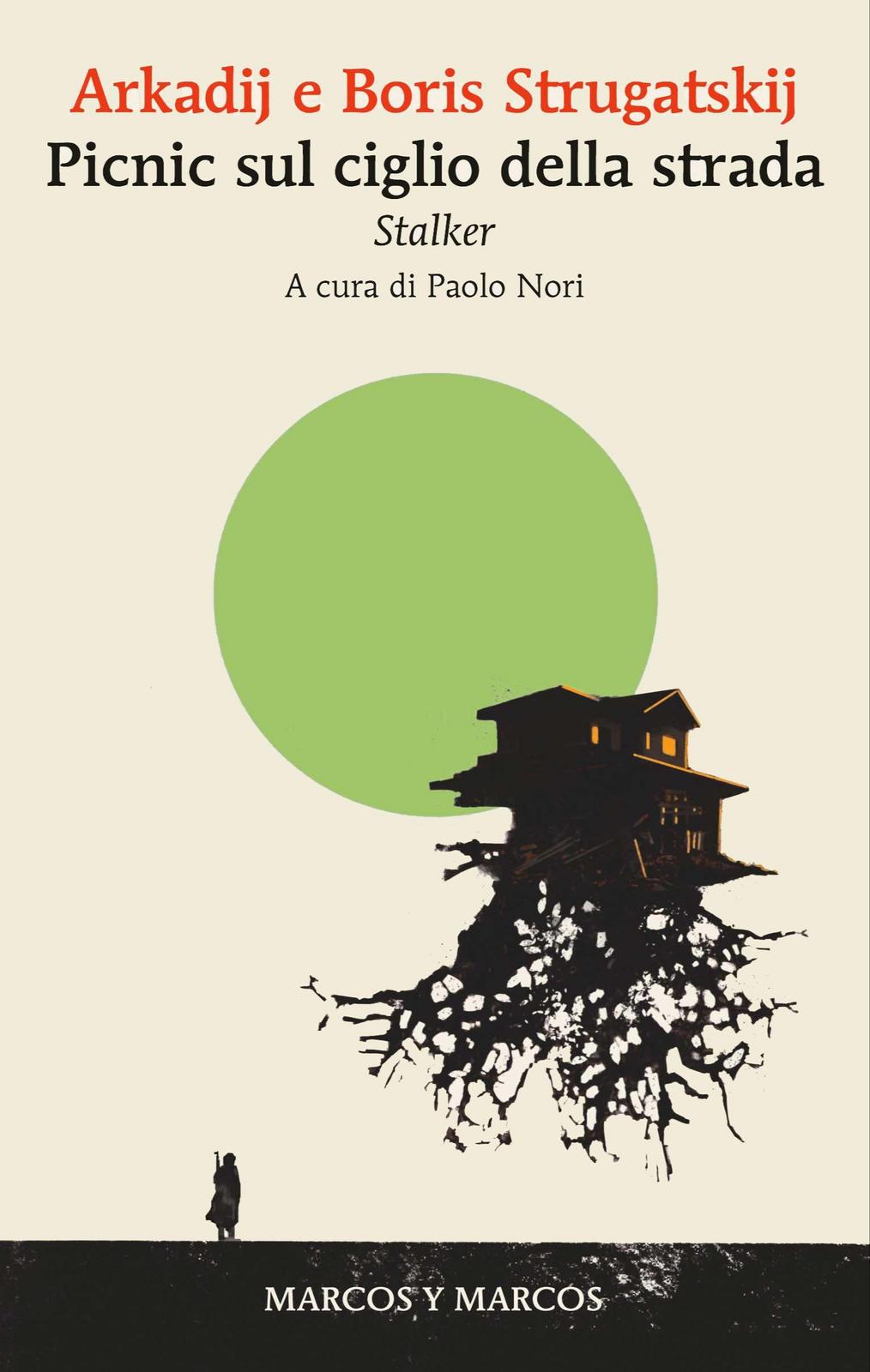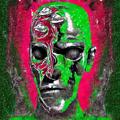Roadside Picnic is one of the most unique books of science fiction I have read. A first contact story where we don’t get whats going on, things happen too quickly, and the aliens leave without further to do, and the world keeps spinning.
The only trace of their Visit is some areas known as The Zones, where strange phenomena and dangerous traps can ben found at every corner, as well as strange objects and alien technology beyond human understanding, that lies there for whoever is willing to take it.
Those who venture inside the Zone to scavenge those goods are known as stalkers. The artifacts they find they then sell to whoever is willing to pay, making it a lucrative, if dangerous job. Of course, the government is trying to investigate and find a use for those objects as well, so being a stalker is very much illegal.
In this story we follow Red, a stalker who is trying to have a normal life, but he finds himself returning to the Zone time after time. He is just a random guy who is pretty good at his job, and every time he keeps telling himself it will be the last.
Most of the characters are pretty much regular people trying to adapt to this new world, there’s barely any geniuses or amazing discoveries done thanks to the new alien technology, and if there is, it’s clear it’s being used for very simple purposes, like using a rocket engine to start a fire.
At the time, and still today, science fiction is seen from the lenses of formidable heroes, brilliant scientists and engineers. In this book, most people are normal humans, and talk like a normal human (althought I think some of it is lost in translation), and most of the physics and technology in the novel has nicknames and slang that is not really scientific, simply based on what an artifact does or looks like, such as empties, bugtraps and shriekers.
What I liked the most about this story is its exploration on how humans would react to this, as a whole. Nobody is trying to contact the aliens or to figure everything out, we don’t even get to know how they looked, or find any kind of message. The principles behind the Zones are a complete mystery to humankind. The technology is far too advanced, and the dangers are far too high for any efforts to bring any significant results.
The implications of it all are big, the insight of some of the characters about our place in the universe. One of my favorite bits was a conversation that shares lots of thoughts and ideas about the reason for the visit, how it affects society as a whole, and despite it all, Humanity keeps moving forward and adapts to this new reality as the status quo.
A fantastic read that only takes a few hours to read and really brings a very interesting outlook to life and our place in this universe. I highly recommend this one!






